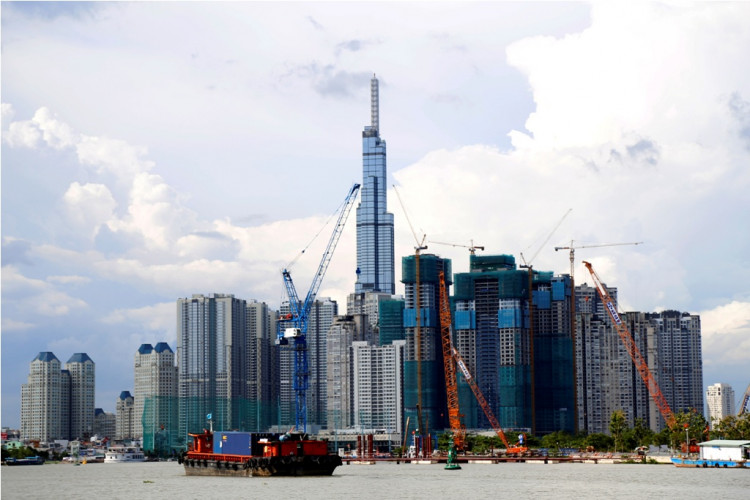Vietnam is battling to get the country ahead of a potential power crunch that could bring widespread blackouts and possibly halt the nation's hopes of becoming the next Asian tiger.
According to the Financial Times, Prime Minister Nguyen Xuan Phuc's earlier warning of the power crisis coming around sometime in 2021 - a crucial year for the country's economic targets - has led industry experts to raise concerns about how Vietnam could go about with the power crunch.
As part of the efforts in being one step ahead of the energy crisis, Nguyen has ordered officials to ramp on construction projects for power plants across the country. Industry experts said the impending power issue can cost Vietnam its ambitious economic takeoff goals.
Research Director of the upstream oil and gas team at Wood Mackenzie, a Singaporean-based firm, Andrew Harwood, noted that industry experts are concerned whether Vietnam can cover its future energy needs or if the crisis will result in chaos.
Among the major problems that the Vietnamese government has been struggling with securing loan guarantees to support its energy projects. Multiple projects were delayed over the past years due to constraints imposed by Hanoi on investors.
On the other hand, the government has also started adopting new energy sources such as solar power. Earlier this month, power utility EVN confirmed that it has already installed over 4,000 rooftop solar power systems in Vietnamese households.
Operations in the massive $391 million solar energy farm kicked off in the southern Vietnamese region of Tay Ninh earlier this month. Industry analysts said Vietnam should continue welcoming investments in renewable energy so it can curb the effects of its power crisis.
Despite Hanoi's efforts to step up plans and projects for the energy sector, there is still growing concern and international interest on the country's power capacities in the coming years.
In July, it was revealed that electricity demand has been climbing and overtaking the country's timelines for building adequate facilities to support the growing demand. Reuters reported at that time that Vietnam is expected to have around $6.7 billion annually to support its power generation capacity until 2030.
The Vietnamese Ministry of Industry and Trade admitted in its statement that collecting the funds will be a "big challenge" since infrastructure developers are barely making a profit from the country's current utility prices.
As Vietnam continues to become a regional hub for investments and new projects, plus a population of 96 million, the country is expected to generate at least 60,000 megawatts (MW) by next year.






